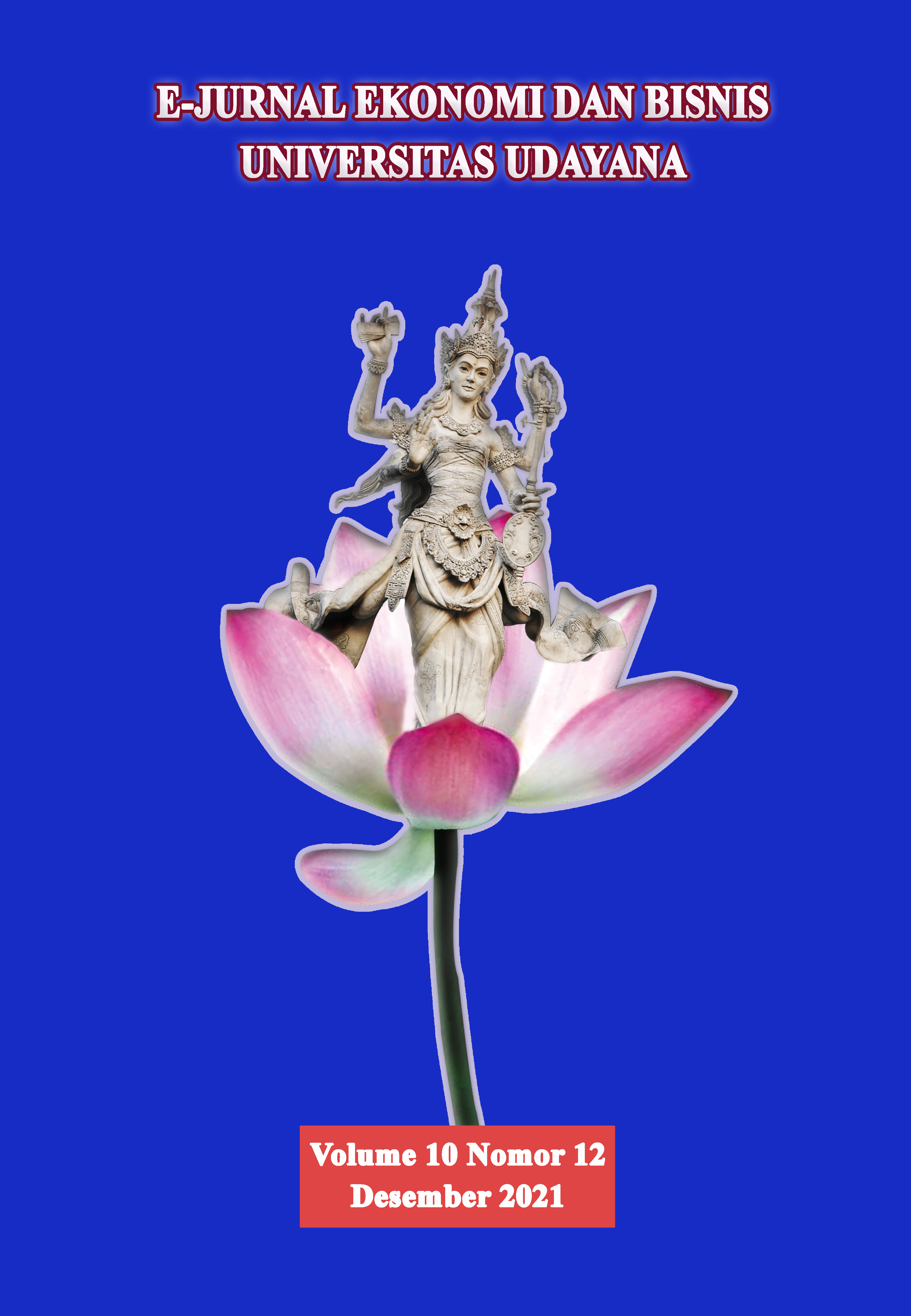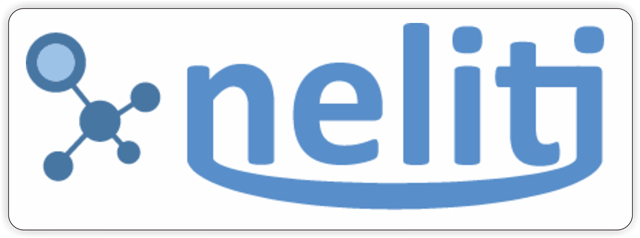MEMAHAMI PERUBAHAN PERILAKU KERJA KARYAWAN DI ERA NEW NORMAL
Abstract
At the beginning of 2020, the world was shocked by the emergence of a virus that attacks humans and spreads very quickly between humans. This virus is known as the Covid-19 virus. Various efforts have been made, such as by urging the public to comply with health protocols. Over time, the handling of the Covid-19 virus in several countries was followed by efforts to restore economic and social aspects that were hampered, leading to policies taken by the government called the new normal. The existence of this new normal condition certainly causes a new change and adaptation. Changes in work behavior can occur due to the implementation of a number of new rules and the work environment. The design of this study was carried out using qualitative methods. The informants selected in this study were four informants who worked in Badung Regency. This study found that changes in employee work behavior in the new normal era included: (1) The work environment, changes from the Covid-19 virus related to work habits, while the impact of these changes led to additional things that must be paid more attention to, namely health protocols. (2) Communication between employees in this new normal era runs as usual and is fairly smooth. (3) The absence of serious conflicts during the implementation of the new normal era. Conflicts that arise are usually related to misunderstandings.


















